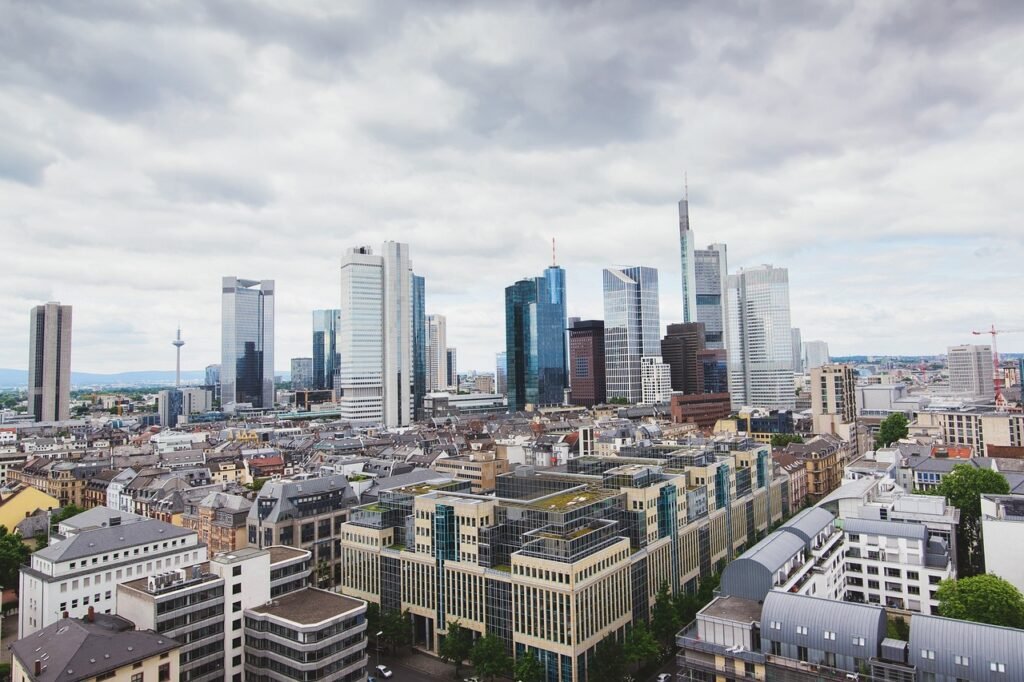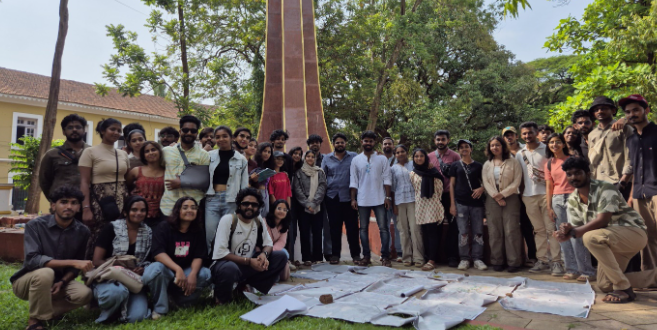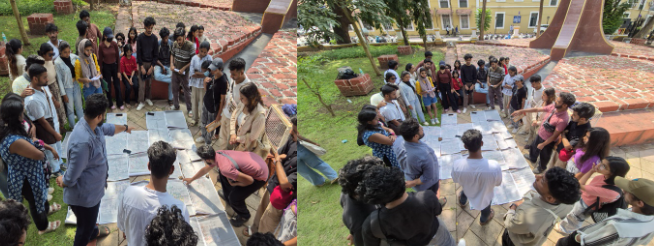
Ar.Nijasmon K S Assistant Professor DC School of Architecture and Design,Vagamon.
Architecture extends beyond confined spaces; it’s about creating inclusive designs that cater to diverse needs. DCSAAD,one of the best B.Arch colleges in Kerala make students study and observe their surroundings, and make architecture students identify the community requirements and develop solutions that benefit everyone.
For architecture students in Kerala, studying towns and cities is essential to understanding the region’s unique challenges and opportunities. By analysing urban morphology, infrastructure, social and cultural aspects, and environmental factors, students can identify issues such as congestion, inadequate public spaces, and environmental concerns. They can also assess potential for sustainable development, innovative urban planning, and community engagement. This study enables students to develop contextual designs that respond to local needs, create sustainable solutions, and engage with communities to improve their quality of life. Ultimately, this approach helps students develop innovative solutions that benefit Kerala’s communities and environment.
As part of their architecture study in Kerala, ninth-semester students embark on an immersive
urban study of a city, where they delve into the intricacies of urban planning, architecture, and community dynamics. Students from DCSAAD , the top-notch colleges in Kerala for B.Arch recently undertook this exercise in Goa and Varanasi, two cities renowned for their rich cultural heritage and distinct traditions. During their stay of over two weeks, students meticulously studied the spatial layouts, observed how locals utilized public spaces, and engaged with the community to understand their daily needs and activities. This hands-on experience allowed them to analyze how urban spaces can be optimized for better functionality and community interaction.

Furthermore, the students conducted community engagement programs, interacting with
residents, local authorities, and stakeholders to gain a deeper understanding of the area’s
challenges and opportunities. Through meetings and discussions, they gathered valuable
insights that can inform their design decisions and urban planning strategies, ultimately
contributing to the development of more responsive and sustainable urban environments.
Through this urban study, students gain a profound understanding of how to tailor their
design ideas and skills to cater to a wide range of users, prioritizing inclusivity and
accessibility. By immersing themselves in diverse urban contexts, they learn to design for all types of people, regardless of age, ability, or socio-economic background. Specifically, they develop a deeper appreciation for designing for physically challenged individuals,
recognizing the importance of accessible and barrier-free environments that promote equal
opportunities and independence. This empathetic approach enables students to craft designs that are not only functional and aesthetically pleasing but also socially responsible and user- centric, ultimately enhancing the quality of life for all members of the community. Through this immersive urban study, DC School of Architecture students emerge as socially responsible architects, equipped with a deep understanding of the complex relationships between built environments, communities, and individuals. There by we provide the best B.Arch course.

By engaging with diverse urban contexts and interacting with various stakeholders, they develop a keen sense of empathy and a commitment to designing spaces that prioritize human well-being, accessibility, and sustainability. As future architects, they are poised to create buildings and public spaces that not only serve functional purposes but also foster social cohesion, promote environmental stewardship, and enhance the quality of life for all members of society. This study empowers them to become responsible architects who can positively impact the built environment and the people who inhabit it.